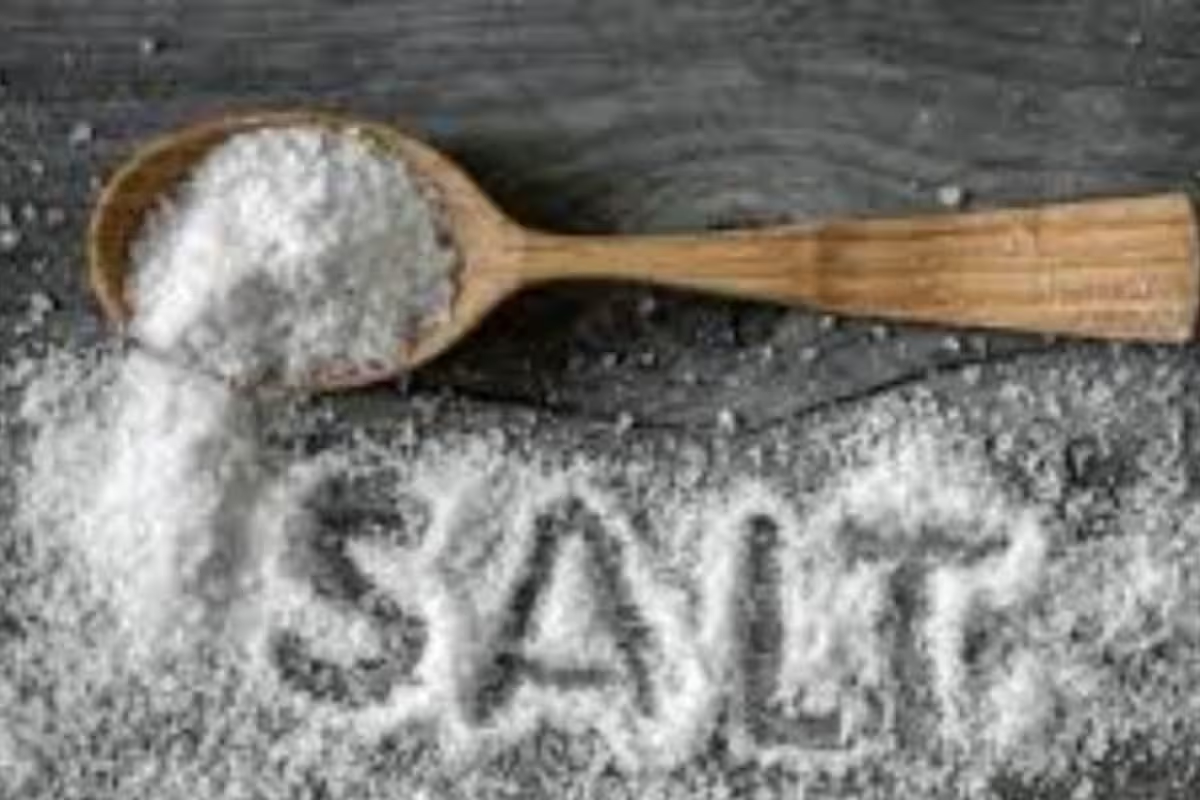Oct 23,2024

Salt is a staple in our diets, essential not just for enhancing flavour but also for providing crucial nutrients, particularly iodine. Iodine plays a vital role in the development of the body and mind, which is why the government promotes the daily consumption of iodised salt. Despite the fact that over 95% of the population uses iodised salt, alarming data reveals that up to 90% of these individuals are inadvertently undermining the benefits of iodine, resulting in potential nutritional deficiencies.
Iodine is essential for the production of thyroid hormones, which regulate metabolism, support normal growth, and facilitate brain development, as well as the formation of bones and nerves. According to the World Health Organisation (WHO), iodine deficiency is a major global health concern, affecting approximately 200 crore people over the world. This deficiency can lead to a range of serious health issues, collectively referred to as Iodine Deficiency Disorders (IDD).
IDD encompasses a variety of serious conditions, including:
The National Iodine Deficiency Disorder Control Program (NIDDCP) identified several common errors that diminish the iodine content in salt, thus negating its health benefits:
To maximise the benefits of iodised salt, individuals should adhere to specific guidelines to avoid common pitfalls. Understanding how to properly use and store iodised salt is essential for reaping its health benefits.
The Indian Council of Medical Research (ICMR) and the National Institute of Nutrition (NIN) recommend that while iodine is necessary for health, it is equally important to limit salt intake. Most people consume more salt than is advisable, contributing to various health issues. The recommended daily limit is less than 5 grams of salt.
Incorporating iodised salt into your diet is crucial for preventing iodine deficiency and its associated health risks. By avoiding common mistakes and following established guidelines, individuals can ensure they reap the full benefits of this essential nutrient, promoting better health for themselves and their families.
.svg)
